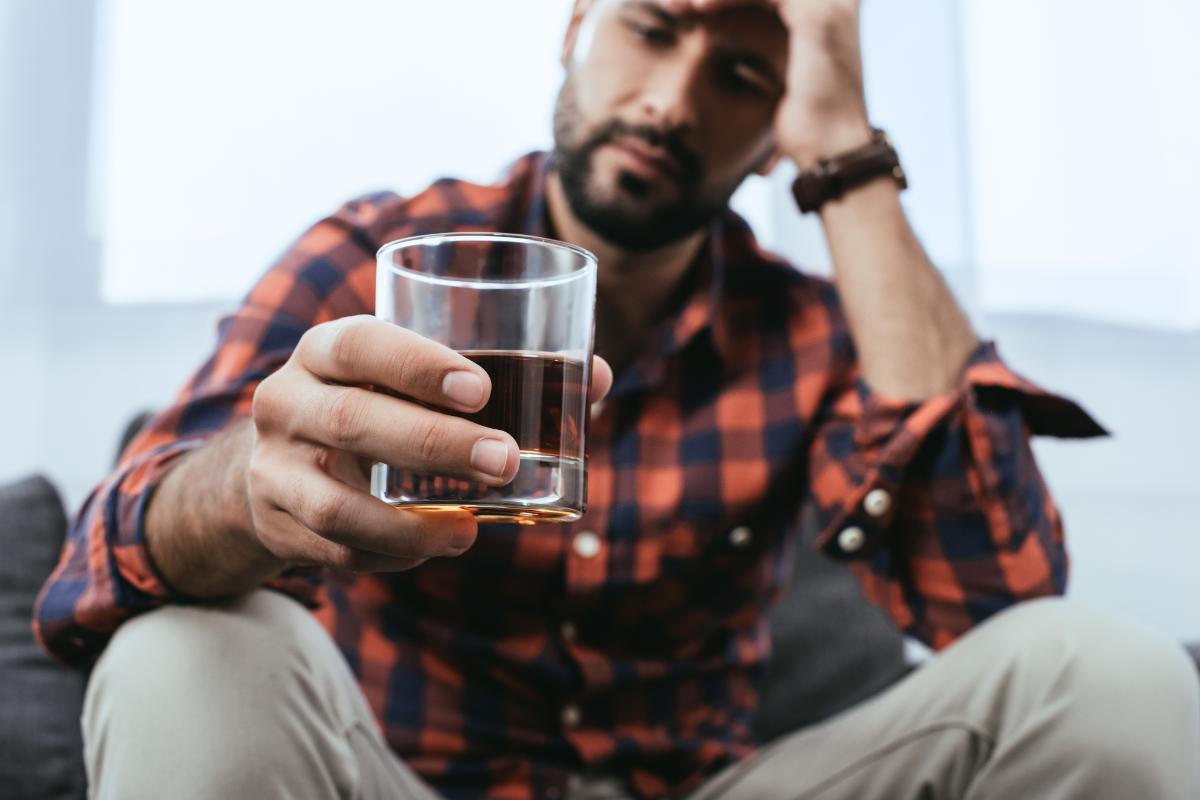While alcohol can seem like a legal and safe way to unwind and relieve stress, there is a darker side to alcohol use that hurts many people and families. Alcohol use can be an unhealthy coping method for people dealing with the symptoms of depression. For some people, self-medicating with alcohol spirals into addiction, and the relationship between alcohol and depression begins to take over their lives.
According to the National Institute of Mental Health, about 7 percent of adults in the United States experienced a major depressive episode in the last year. Depression is characterized by periods of consistent sadness, loneliness, anxiety, and other negative feelings. Common symptoms of depression include loss of interest in daily routines, sleeping problems, and issues with energy and concentration. While a depression treatment program provides support for men and women struggling with this mental health disorder, many people find that they need further help to deal with the substance abuse issues that go along with their depression.
According to the National Institute on Drug Abuse, almost 50 percent of people who struggle with addiction will also be diagnosed with a mental health disorder. This fact emphasizes the need for addiction treatment programs that incorporate dual diagnosis treatment for anyone struggling with alcohol addiction and depression.
Alcohol Addiction Treatment and Depression
The symptoms of depression can be severe. The feelings of hopelessness and struggles with lack of energy can make living a daily routine difficult. When people feel overwhelmed by the symptoms of depression, they often turn to alcohol to relieve stress. While alcohol is legal and readily available, it is also addictive. All too often, men and women spiral into alcohol addiction and need the help of an alcohol addiction treatment program to find recovery.
While alcohol provides short-term relief of stress, the effects of regular drinking can contribute to feelings of depression. Alcohol also affects your body and hangovers often bring feelings of fatigue or other aches and pains that may drag you down. When you struggle with alcoholism and depression, withdrawal can include major depressive episodes that make relapse more likely. For these reasons, when you recognize the signs of alcohol addiction, it is important that you reach out for professional help.
Signs of alcohol addiction include:
- When drinking takes up a significant portion of your time
- Failing to complete professional and family responsibilities
- Continuing to drink despite negative consequences
- Causing harm or damage to loved ones and relationships
- Engaging in risky behaviors like drunk driving
- Suffering withdrawal symptoms when you stop drinking
The last point above is especially important. Alcohol withdrawal symptoms can be intensely uncomfortable, and even deadly in some cases. Going “cold turkey” can cause seizures, delirium, or other life-threatening withdrawal symptoms. A medical detox center provides around-the-clock medical care, to ensure your safety as you go through alcohol withdrawal.
Treatment for Alcohol and Depression
Learning more about the connection between alcohol and depression will help you make the right choice for treatment. When you feel that alcohol abuse and the symptoms of depression are keeping you back, reach out to an addiction treatment center. There, you will find the help you need for recovery, so you can start living the life that you deserve.
Content via: https://www.summitestate.com



